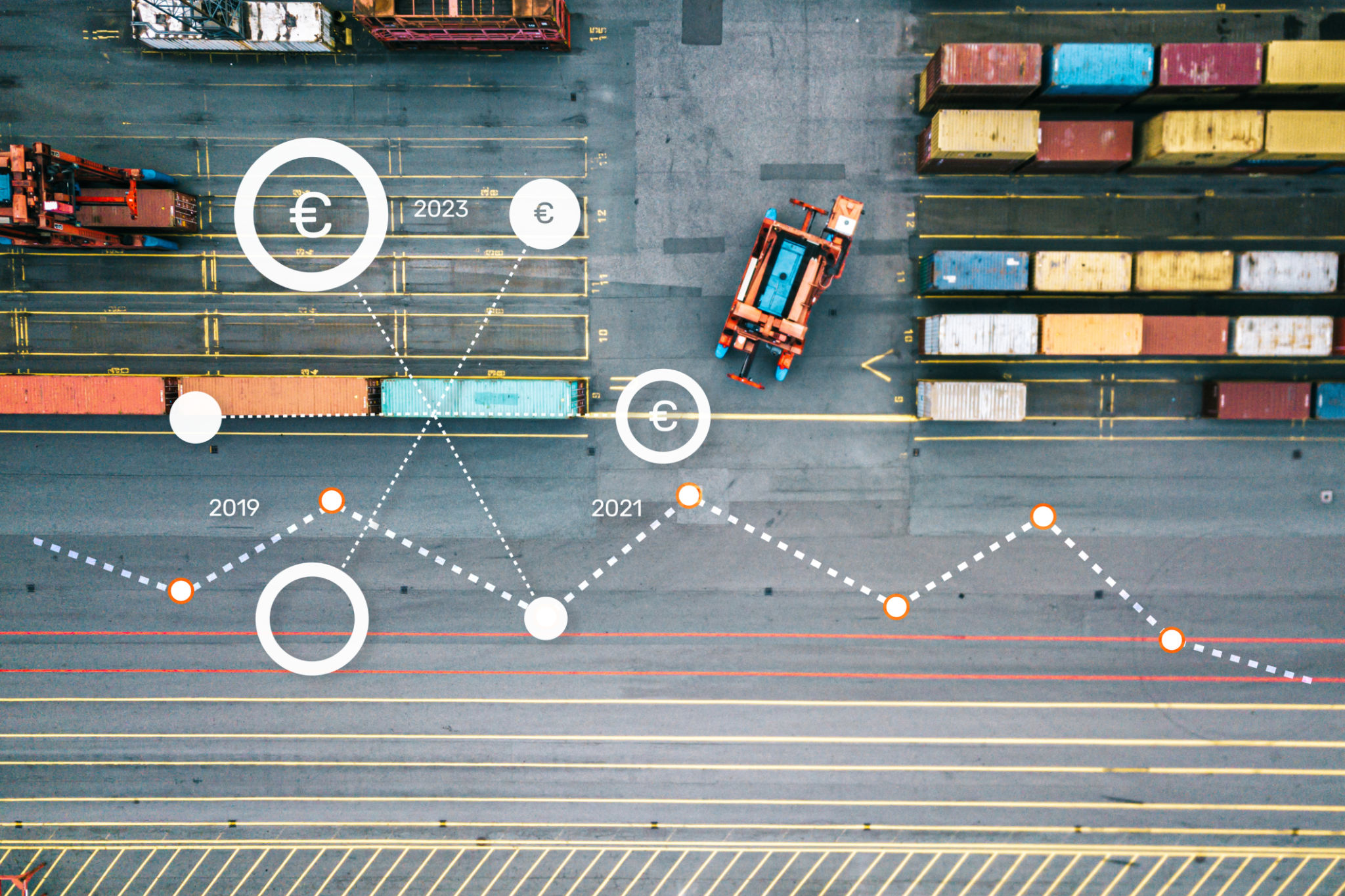Maximizing ROI with AI-Driven Procurement: A Comprehensive Guide
Understanding AI-Driven Procurement
In recent years, the integration of Artificial Intelligence (AI) into procurement processes has become increasingly prevalent. AI-driven procurement involves leveraging advanced technologies to automate and enhance purchasing activities, ensuring more efficient and cost-effective operations. Businesses are now able to maximize their Return on Investment (ROI) by utilizing AI to streamline workflows, reduce errors, and make data-driven decisions.

The Impact of AI on Procurement Processes
AI has significantly transformed procurement by introducing automation in routine tasks such as purchase order processing, invoice management, and supplier evaluation. By automating these processes, companies can reduce the time and resources spent on manual tasks, thereby increasing productivity. Moreover, AI technologies such as machine learning and predictive analytics allow businesses to predict market trends and demand patterns more accurately.
With the ability to analyze large volumes of data in real-time, AI-driven procurement systems provide valuable insights that help organizations make informed purchasing decisions. This not only optimizes inventory levels but also ensures that companies are sourcing from the most reliable suppliers at the best prices.
Maximizing ROI through AI-Driven Procurement
To truly capitalize on AI-driven procurement, businesses must focus on integration and data management. Here are some steps to maximize ROI:
- Integrate AI with existing systems: Ensure that AI tools are seamlessly integrated with current ERP and supply chain management systems for a unified approach.
- Leverage data analytics: Use AI to analyze procurement data and identify patterns that can lead to cost savings and improved supplier relationships.
- Focus on continuous improvement: Regularly update AI algorithms to adapt to changing market conditions and procurement needs.

Challenges in Implementing AI-Driven Procurement
Despite its benefits, implementing AI-driven procurement comes with its own set of challenges. One of the primary challenges is data quality and integration. Organizations must ensure that their data is clean, accurate, and consistent before implementing AI solutions. Additionally, integrating AI with legacy systems can be complex and may require significant investment in technology upgrades.
Another challenge is the need for skilled personnel who can manage and optimize AI tools effectively. Training staff and changing organizational culture to embrace AI technologies is crucial for successful implementation.
The Future of Procurement with AI
The future of procurement looks promising with AI at its core. As technology continues to evolve, we can expect even more sophisticated solutions that will further enhance procurement efficiency. Emerging technologies such as blockchain and IoT, when combined with AI, have the potential to revolutionize supply chain transparency and traceability.

In conclusion, businesses that embrace AI-driven procurement stand to gain a competitive edge by optimizing their supply chains, reducing costs, and enhancing overall efficiency. By addressing the challenges and focusing on strategic implementation, organizations can maximize their ROI and position themselves for long-term success in an increasingly competitive market.
